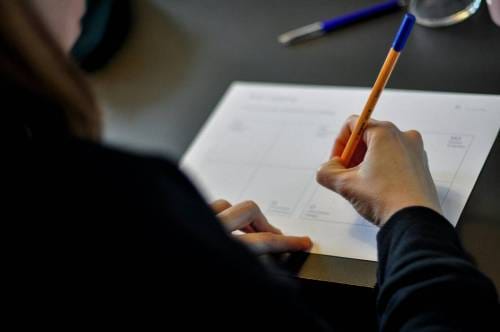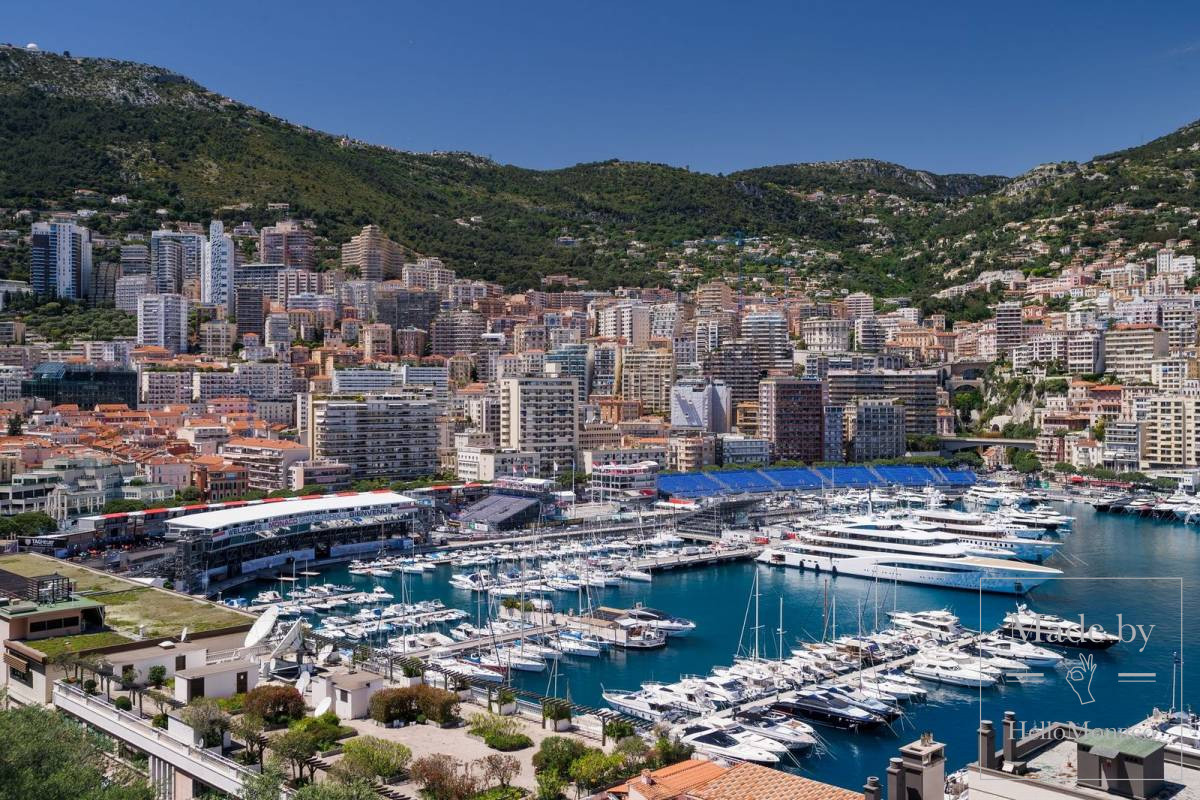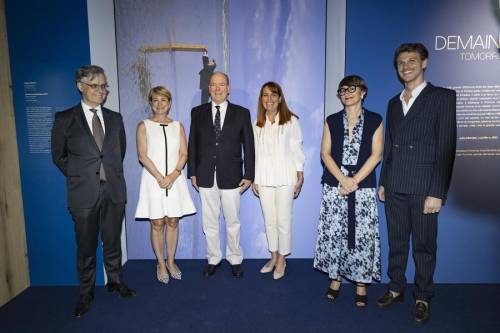The impact of Covid-19 across all sectors has recently been assessed in an in-depth report by Monaco’s Institute of Statistics and Economic Studies (IMSEE). The study, which is 80 pages in length, covers the consequences of lockdown in the Principality around seven main themes: health and mortality, the economy, employment, transportation, the environment, childhood education and safety.
On 5 June 2020, former Minister of State Serge Telle, requested the IMSEE to study the consequences of the health crisis for the Prince’s Government. The IMSEE focused primarily on collecting the data available within state services as well as from private operators to create a fuller snapshot of life in the Principality during the unprecedented crisis.
Mortality Rates remain “Roughly Average” during Pandemic
The number of Covid-19 cases in Monaco reached 224 by 6 October 2020 (when Covid-19 health monitoring data closed). Based on data from Monaco’s City Hall, the mortality rate was studied monthly between 2011 and 2020 in order to observe a possible increase in deaths due to Covid-19. The total number of deaths recorded in Monaco from January to September 2020 is almost at the same level as the average observed between 2011 and 2019 (387 versus 390 deaths).
There were 199 deaths of residents in Monaco between January and September 2020 versus 175 on average between 2011 and 2019. The month of March 2020 shows a surplus of ten deaths compared to the 2011-2020 normal. The median age of deaths aged 70 and over remained roughly average.
Economy Drops in all Sectors, except Construction and Science
At the end of June 2020, the Principality’s cumulative turnover since 1 January fell sharply and returned to its 2016 level. After a drop of €84 million observed at the end of March, the decrease exceeded €900 M (-13%) at the end of the second quarter. Major projects (Mareterra, Testimonio II, etc.) supported the Construction sector whose turnover increased slightly (+ €19 M or + 2.1%). Scientific and technical activities, administrative and support services grew strongly (+ €354 million or + 37.5%).
Turnover for Travel Agencies fell by €80 M or 65.1%. All other sectors also recorded more or less marked declines in their turnover. Wholesale trade, which represented nearly a third of the Principality’s turnover, fell sharply (-€ 41 million, or -19.4%). Accommodation and food services turnover fell by nearly 60% (-€230 million). Retail trade fell by €180 M or 23.8%. Health measures significantly impacted the service activities sector with the cancellation of several major events (-€176 M or -46.7%). Only the Retail trade in non-specialized stores, such as general food or mini-markets and supermarkets grew (+ 2.1%).
850,000 Masks were made in Monaco
The Prince’s Government allowed employers in the Principality to sell them single-use masks. In total, more than 850,000 masks were delivered to companies for more than 15,000 employees.
Crime is down and Prince’s Carabiniers adapt
According to figures from the Police Department, crime was down sharply compared to 2019. Between March 19 and April 19, 2020, 43,814 vehicles were checked, mainly at points of entry of the Principality. The Prince’s Carabiniers did not observe the changing of the guard between March 20 and May 11, 2020. Between March 6 and 8, the COVID-19 call centre was set up at the Palace barracks.The Corps ensured the management and monitoring of valuable stock such as masks, anti-bacterial hand sanitizer and rapid tests. The stock of masks was at 11 million at the height of the crisis. 2,586 meals were made by the Carabinieri and delivered to various personnel at the national screening centre, call centre and mask distribution centre.
Positive Environmental Impact
The data collected by the Société Monégasque d’Assainissement (SMA) helped study the impact that lockdown had on the volume of waste. Recyclable waste fell sharply at the beginning of lockdown with a drop of 66% for glass, 50% for cardboard and 2% for paper. This sharp decrease in glass and cardboard recycling is explained by the drastic drop in activity in the retail and accommodation sectors. In addition, the month of May is usually marked by the Formula 1 Grand Prix which did not take place in 2020 and explains the 76% reduction in glass compared to May 2019.
Electricity consumption down by 20%
The impact of the health crisis on electricity consumption was studied using data from the Société Monégasque de l’Electricité et du Gaz (SMEG). There was a decrease in electricity usage during the first week of lockdown (-13% compared to the same period in 2019) and a decrease of 20% for the months of April and May compared to 2019. Consumption picked up slowly in June but never reached 2019 levels. In April, electricity consumption fell by more than 40% for businesses, hotels and industries.
Noise Pollution down by 68%
During lockdown, the sound level decreased by up to 5 dB during the day period and 8 dB during the night, respective decreases of 68 and 85%.
High air quality due to less traffic
The average number of vehicles per day decreased by more than 70% during lockdown. During lockdown, a large decrease NO2 pollution was observed, -60% during the week, and -70% during weekends due to the decrease in road traffic. During the first week after lockdown, NO2 concentrations increased by around 20-25%. On weekends, NO2 concentrations doubled after lockdown. However, at the end of May, concentrations were still about 10% lower than those at the beginning of March (before lockdown).
At the time of this report, the future still remains uncertain, the pandemic is not over, its consequences continue to be felt both economically and socially, in the Principality and around the globe.









